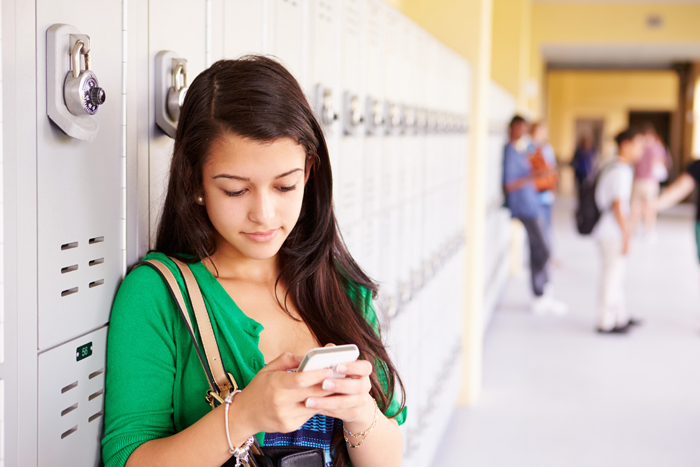Written by: Morgan Liptak, MAS, LAMFT
Have you ever noticed how even a few minutes on social media can ruin a perfectly good day? It’s no coincidence. The constant comparison, cyberbullying, and unrealistic highlight reels portrayed on Instagram, Snapchat and TikTok can wreak havoc on mental health. The pressure to maintain a perfect online image can lead to anxiety, depression, and countless other issues. Let’s explore why these platforms often come with a hidden price tag for your well-being and what we can do about it.
Comparison is one of the most common issues discussed when it comes to social media as it often results in lower self-esteem and poor body image. It’s no secret that everyone’s feed is flooded with curated, filtered, and often unrealistic images of peers and influencers. Teens may compare their own lives, appearances, and achievements to these idealized versions, causing them to feel inadequate.
Cyberbullying and harassment have grown heavily within social media platforms for several reasons. Social media often allows users to create anonymous usernames, protecting them from being identified. These platforms can also be used 24/7, allowing users to target others at any time, increasing frequency and intensity. Social media widens the audience, allowing rumors to be spread quickly, humiliating videos to be streamed to many, and creates a space where records are never deleted. Social media has become a huge contributor to these issues.
Sleep disturbances caused by social media use are another leading concern for teens. In general, using your phone before bedtime can interfere with the body’s natural sleep-wake cycle, but social media can be extremely engaging and addictive, leading teens to stay up late browsing, talking to friends, or posting. This can result in even fewer hours of sleep each night. Many teens leave their phones on or near their beds, with notifications for messages, likes, and comments turned on. These constant alerts can interrupt sleep or lead to reduced overall quality of sleep. We know that lack of sleep greatly affects mental health and overall mood.
Anxiety & depression can often be the result of a domino effect of the previously discussed concerns related to social media use. There is extreme pressure to present a perfect image and constantly compare oneself to others. There is frequent negative feedback, cyberbullying, and the fear of missing out (FOMO). There is low self-esteem, lack of sleep, technology dependency, all potentially interfering with real-life interactions and school performance. One or a combination of these things can contribute to feelings of anxiety and depression.
Now all of this doesn’t mean social media is terrible and shouldn’t be used. Balancing social media use with offline activities, setting boundaries, and promoting healthy online habits are essential steps in supporting your mental health. I encourage you to set time limits on your phone and schedule social media breaks. Be mindful of your content and always unfollow users who don’t make you feel good about yourself!
************************************************************************************************************
Morgan Liptak is a Licensed Associate Marriage and Family Therapist who earned her master’s degree in Marriage and Family Therapy from Arizona State University. She specializes in working with children, teens, and families struggling with anxiety, depression, disruptive behaviors, self-esteem, life transitions, trauma, and the parent-child relationship.

